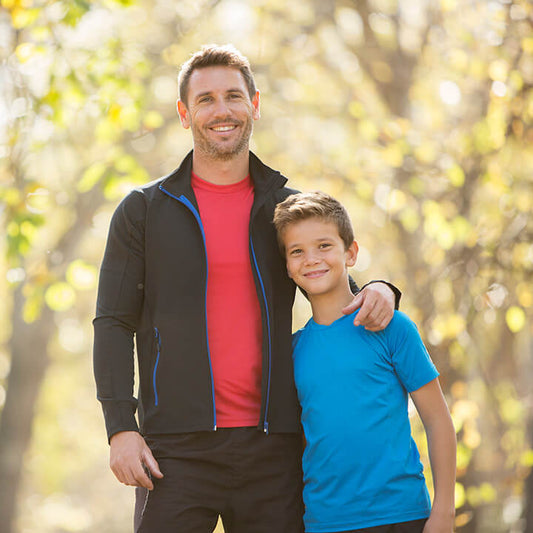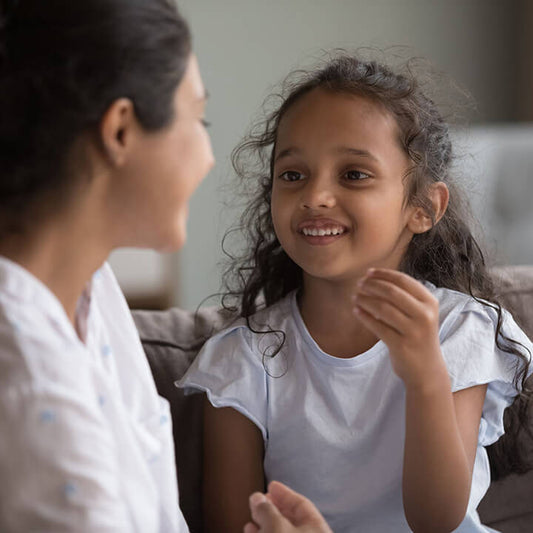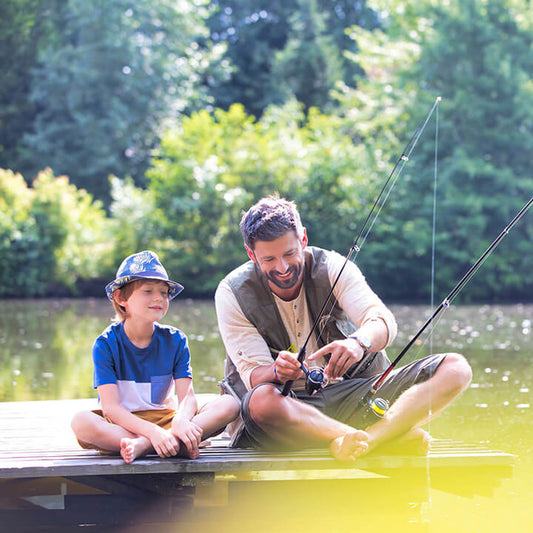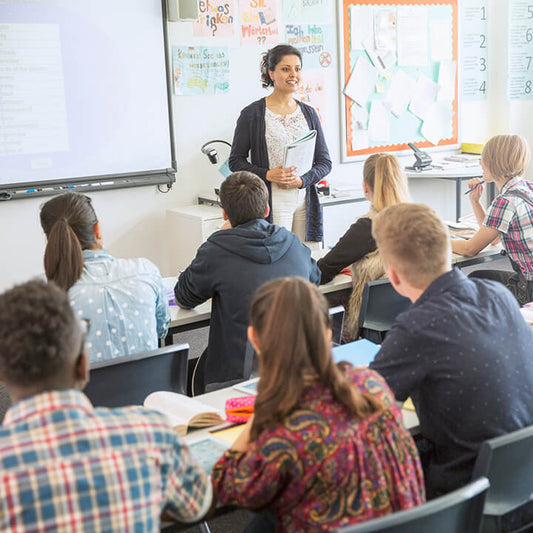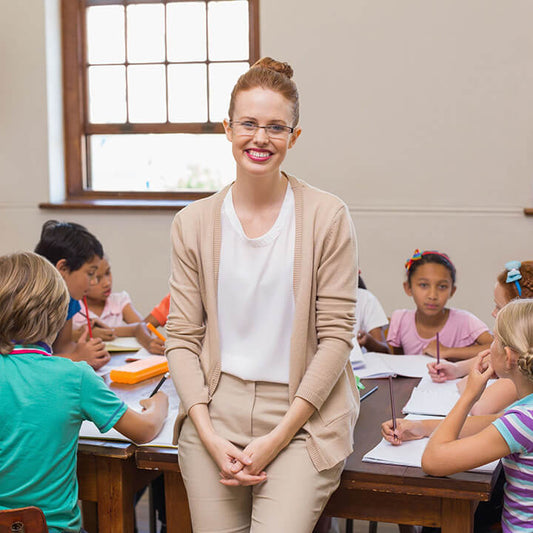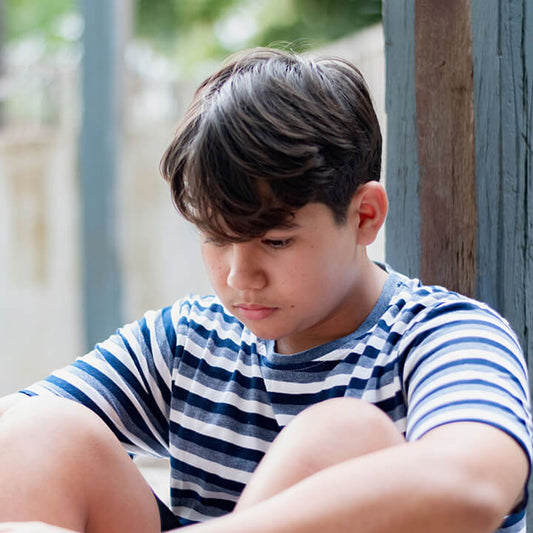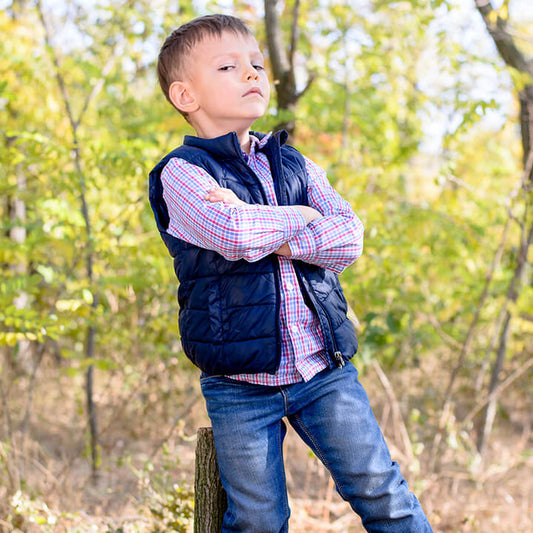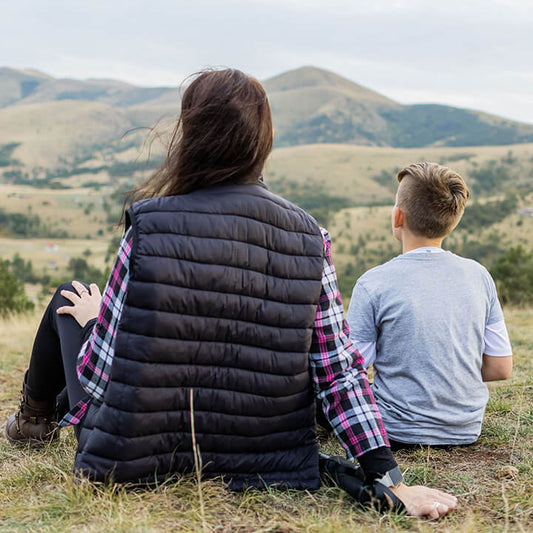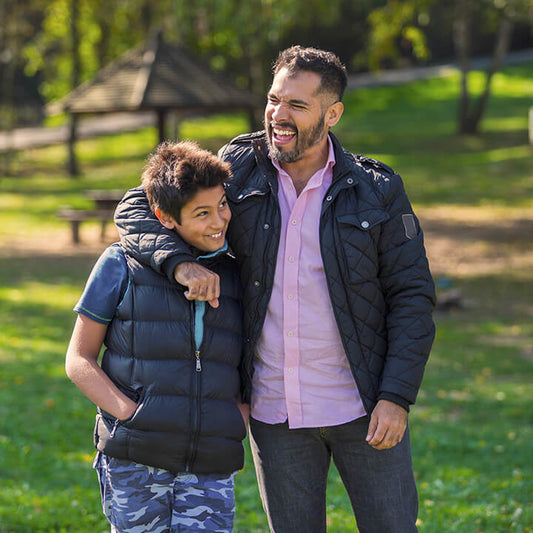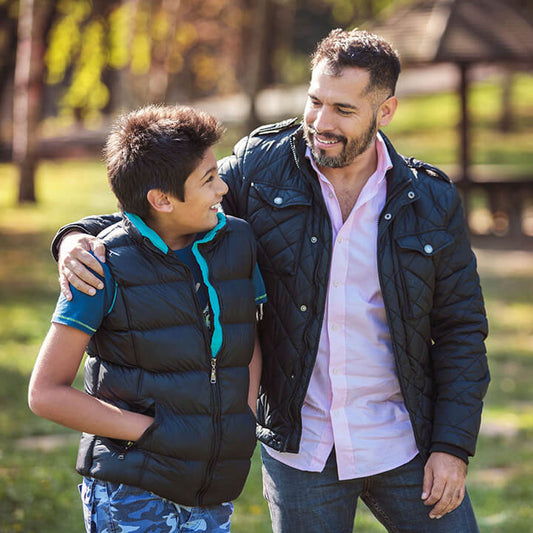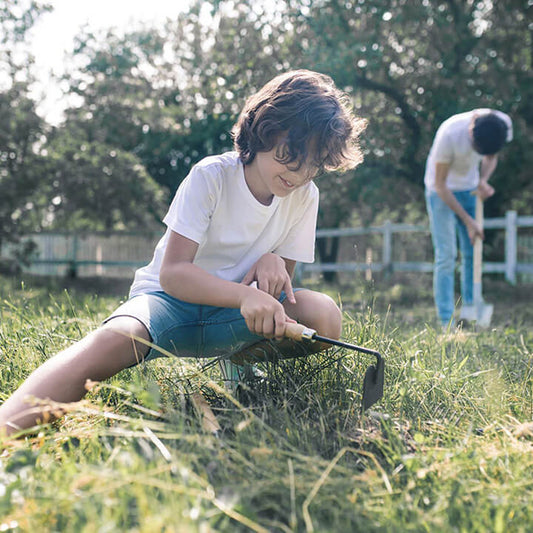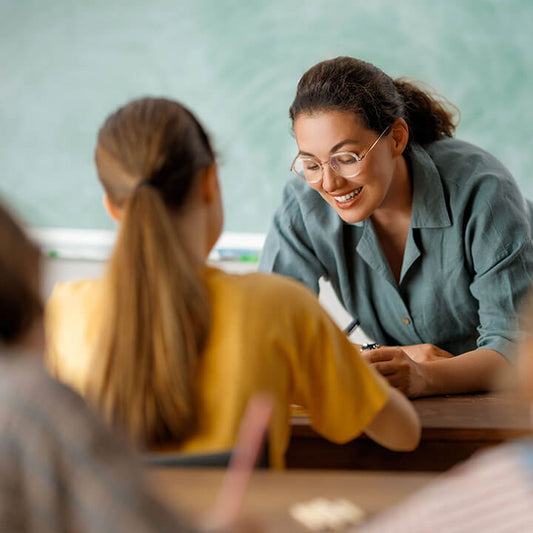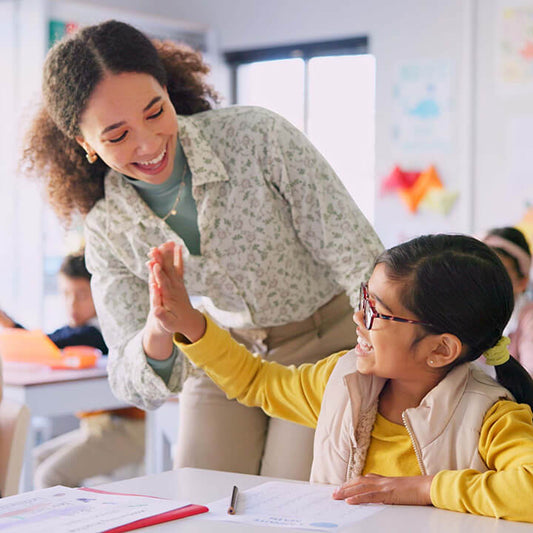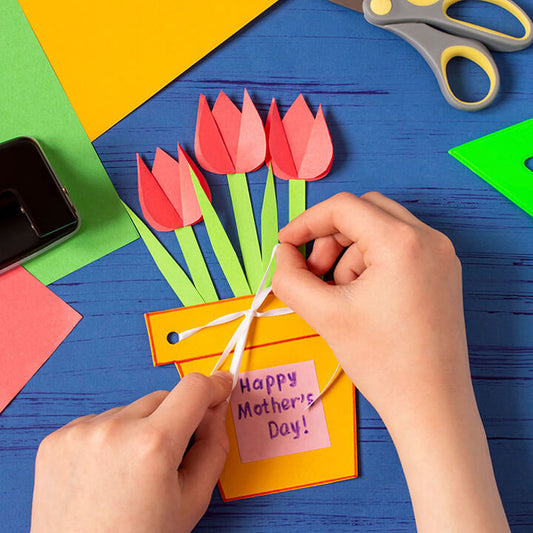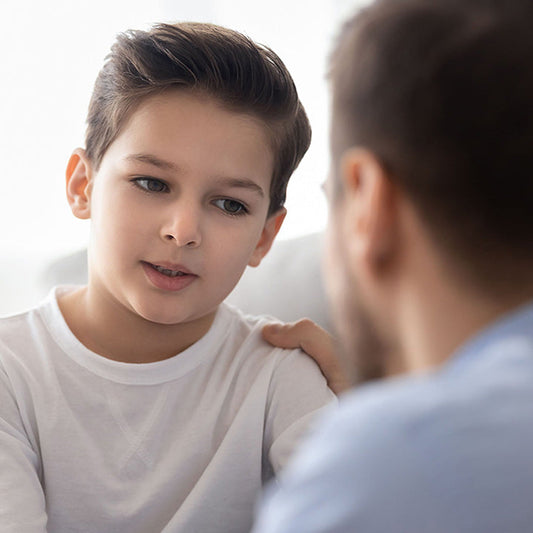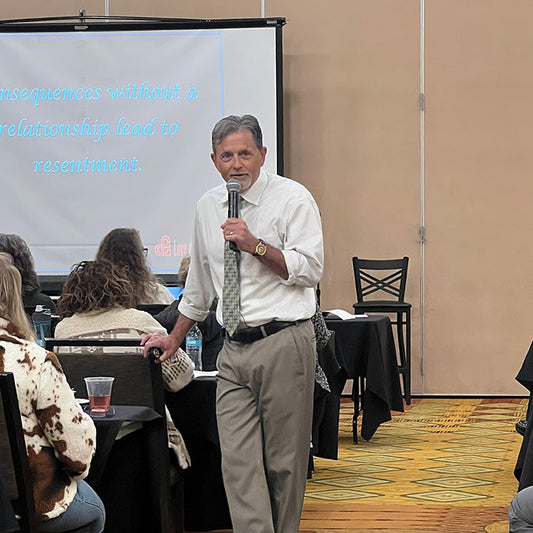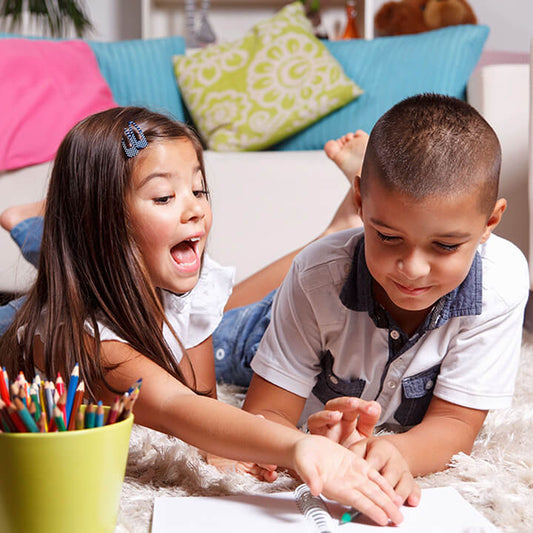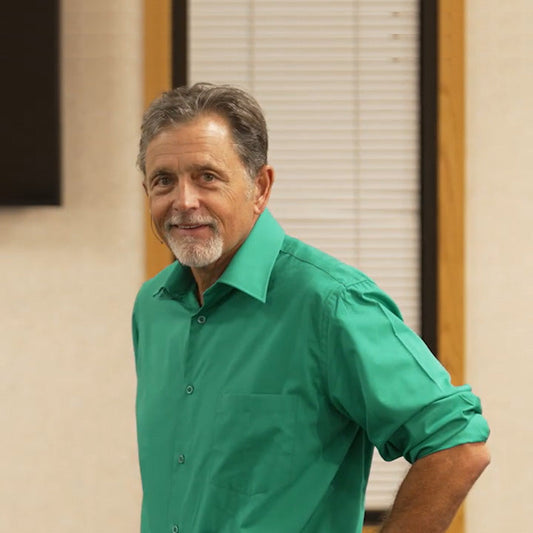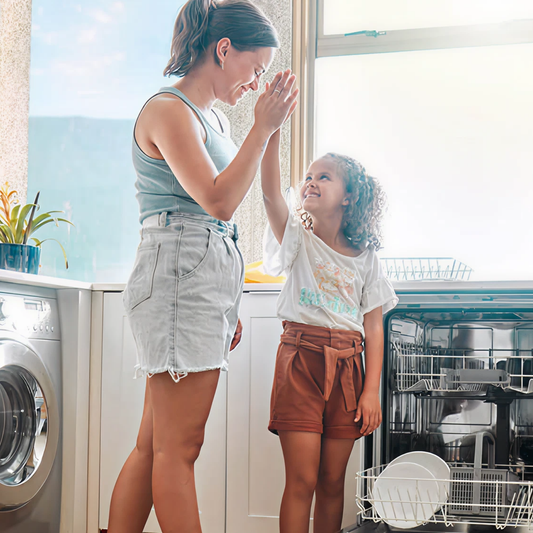A new school year is a fresh start for children, parents, and teachers alike. As families and classrooms shift back into routines, it’s easy for adults to pour all their energy into meeting kids’ needs while ignoring their own. The truth is, when we neglect our well-being, we risk exhaustion, frustration, and even burnout. To get off on the right foot, it’s essential to focus on self-care for parents as well as educators.
Loving our kids and students begins with taking good care of ourselves. This is not being selfish, it’s simply practical wisdom. When we are calm, patient, and refreshed, we provide the kind of role models that children truly need.
Focus on What You Can Control
One way to avoid teacher burnout and parenting fatigue is to focus on what’s actually within your control. You cannot force kids to be happy, to study hard, or to make perfect choices. What you can control is how you model responsibility, the limits you set as a parent or teacher, and how you respond when those limits are tested.
Setting Limits as a Parent or Teacher

Healthy relationships thrive when adults set respectful boundaries. Instead of telling kids what they must do, describe how you’ll take care of yourself:
- “I do extra things around here when I feel respected.”
- “I listen when voices sound calm like mine.”
- “I’m glad to help when I don’t hear complaining or arguing.”
By setting limits as a parent or teacher, you communicate clear expectations while preserving your energy. This approach reduces resentment and helps develop mutual respect between the adult and the child.
Provide Discipline in Your Own Time
Another key to self-care for educators and parents is to avoid the trap of addressing every problem with immediate consequences. Discipline doesn’t have to be instant. In fact, delaying consequences will give you the time, energy, and support you need for a better outcome. This also gives kids the chance to reflect, which can trigger natural accountability for their actions.
The Two Rules of Love and Logic remind us to:
- Set firm limits without anger, lectures, threats, or repeated warnings.
- Hand problems back to children in loving ways.
When practiced consistently, these principles protect adults from burnout while teaching kids accountability. Jim Fay’s classic book, How to Discipline Kids without Losing Their Love and Respect, provides excellent insights into how adults can take care of themselves while disciplining in an effective, empathetic manner.
Thanks for reading!






















